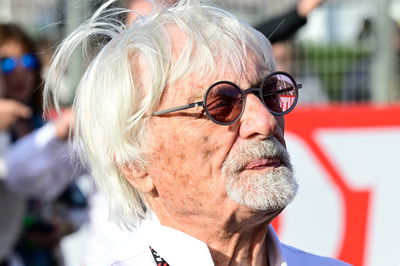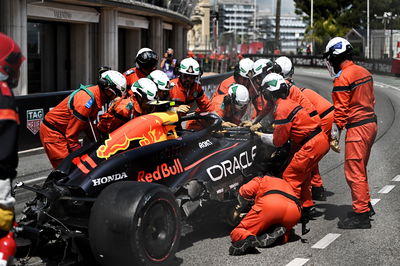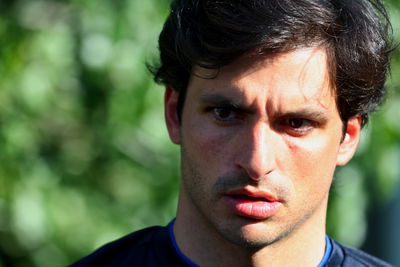F1 insist Bernie Ecclestone’s “divide and conquer” tactic won’t be repeated
“The prior regime really did put a lot of time in having the teams compete against each other"

There will be no return to Bernie Ecclestone’s “divide and conquer” tactic to finalise the next Concorde Agreement, the Liberty Media CEO vows.
Talks are underway to write up a new Concorde Agreement - a crucial document that provides rules for F1 on and off track - for 2026 until 2030.
Historically negotiations for this agreement are difficult, with F1 teams and the sport itself jostling over huge sums of money.
Chase Carey, the chairman of the Formula One Group, said in 2017 about his predecessor: “Bernie's style was divide and conquer - to keep everything very close - but we want it to be a spirit of partnership in that we compete on the track.
"The teams, the promoters, Formula One and the FIA all have a shared vision of where we want the sport to go and building it in a way that is healthy for everybody."
Greg Maffei, the Liberty Media CEO, was quoted by Motorsport in Monaco last weekend: “The prior regime really did put a lot of time in having the teams compete against each other.
“In many cases, they enjoyed just getting an edge on each other, rather than thinking about how to grow the sport.
“We've tried to take really a page out of, I'd say in some ways, the NFL in the United States: compete hard on Sunday, but on Monday league first.
“We really want to grow the sport together.
“The teams have embraced that, and profited from that, because they've not only seen the growth in F1 revenues and their share of the profits in their own sponsorship, but we’ve also seen growth in the value of teams.”
Mercedes’ Toto Wolff has said about the early talks over the 2026 Concorde Agreement: “I think we got the basic terms on how Formula One sees the next five-year term playing out.
“There’s some goodness in there.”
Red Bull’s Christian Horner said: “It will be the usual discussion of the teams wanting more and the promoter wanting more, but what we have works relatively well.
“I think the basics of it are all relatively sound. I think as the sport continues to evolve and grow, there are areas that we can tune the agreement in.
“But I think the fundamental basis of it is going to be tuning rather than revolution.”












